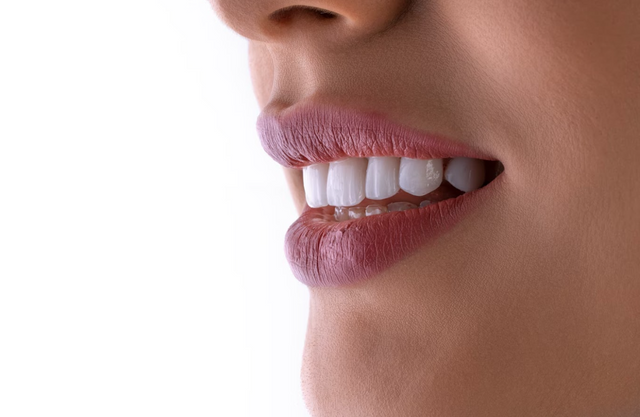8 Signs It’s Time For a Dental Cleaning
Coming into a dentist's clinic for a teeth cleaning means more than simply having a clean grin. Regular dental cleanings enable our local family dentists and supporting staff to spot issues early on, preventing you from requiring major restorative treatment such as dental implants, crown installation, or even complete dentures. Instead, operations identified to be essential by close monitoring, including as early cavity treatment, root canals, and the use of tooth-colored fillings, can keep small problems from becoming serious ones.
Maintaining preventative dental care benefits your overall health by lowering the risk of diabetes, heart disease, and other systemic disorders. Finally, a professional teeth cleaning every six months is a simple investment that results in improved health, confidence, and fewer dental crises.
1. Bleeding Gums When Brushing or Flossing
Healthy gums should not bleed. If you observe blood when brushing or flossing, it may be an early indicator of gingivitis. Left untreated, this can progress to periodontal disease, necessitating periodontal treatment like dental cleaning and root planing. Prioritizing prevention is the greatest way to avoid bleeding gums. Regular dental cleanings eliminate germs that irritate your gums and can help reverse early-stage gum disease.
In the interim, focus on:
- Persistent bleeding;
- Enhanced gum tissue sensitivity;
- Changes in gum color or texture;
- Bad breath or a persistent "off" taste in your mouth;
- Loosening teeth.
2. Persistent Bad Breath
Occasional foul breath is common due to tempting meals or certain drugs, but chronic bad breath might indicate the presence of germs beneath the gumline. Even if you brush and floss daily, you may not be cleaning properly.
Unfortunately, inattention or wrong technique can result in poor gum health and bad breath. Teeth cleanings, in addition to twice-a-day brushing and flossing, remove plaque and food particles that contribute to odor, resulting in cleaner breath and healthier gums.
3. Sensitive Teeth
If hot, cold, or sweet meals suddenly make you grimace, you might have sensitive teeth caused by enamel loss or receding gums. Preventive oral care, combined with regular dental cleanings, preserves your enamel and gums. If you already have decay, you may need to repair cavities with precisely placed fillings to restore the structure and function to your teeth.
4. Noticeable Plaque and Tartar Buildup
Even with good brushing practices, some parts of the mouth are difficult to clean thoroughly. When plaque is not removed, it hardens into tartar, which can only be removed using skilled dental instruments. For example, a dental hygienist will use a scaler to carefully and gently scrape away hard tartar from your teeth.
This instrument features a tiny tip at the end that can reach between teeth and along the gum line, allowing for effortless work. If left untreated, tartar accumulation raises your risk of gum disease, cavities, and tooth loss, so get rid of it as soon as possible.
5. Tooth Pain or Visible Damage
Pain, apparent chipping, and fissures may indicate underlying issues like infection or deterioration. Seeing a dentist right away might be the difference between a simple filling and more sophisticated procedures like dental crowns or even single-tooth implants for severely damaged or missing teeth.
6. Discolouration or Stained Teeth
Surface stains from coffee, tea, alcohol, and tobacco products can build up over time. A professional teeth cleaning brightens your smile by polishing away these stains, and it also allows dentists to detect early symptoms of deterioration that may necessitate tooth-colored fillings or other kinds of restorative treatment, such as tooth whitening or porcelain veneers for more serious stains.
7. Gums Pulling Away From the Teeth
Receding gums provide pockets in which germs can grow. If you find your teeth are getting longer or there are gaps along the gumline, it's time to book a teeth cleaning appointment. If your periodontal disease has progressed beyond reversible gingivitis, scaling and root planing, prescription antibiotic rinses, topical therapy, or a combination of these may be necessary to prevent further recession and save your teeth.
8. It Has Been 6+ Months Since Your Last Cleaning
Preventive dentistry works best when done consistently. Most people should have their teeth cleaned every six months, or twice a year. Some people may require more regular visits, particularly if they have a history of gum disease or continuing dental problems.
